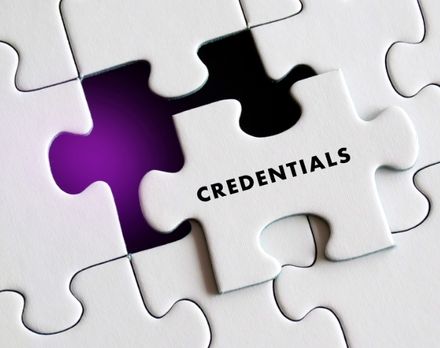Why Credentialing is Critical for Healthcare Compliance
Credentialing is the foundation of trust in the healthcare industry. It is the process of verifying the qualifications, experience, and professional standing of healthcare providers to ensure they meet the standards required to deliver safe, effective, and ethical care.
In today’s regulatory environment, compliance is non-negotiable. Healthcare organizations must adhere to strict federal and state regulations, and proper credentialing plays a key role in staying compliant. Whether it’s Medicare, Medicaid, or private insurance providers, all require that clinicians and facilities meet credentialing standards before they are allowed to bill for services.
Credentialing protects patients by ensuring that only qualified professionals are allowed to deliver medical care. It involves the verification of licenses, education, training, board certifications, work history, and any malpractice or disciplinary actions. This process reduces the risk of medical errors, promotes patient safety, and helps institutions avoid legal and financial penalties.
Furthermore, with healthcare fraud on the rise, credentialing serves as a first line of defense. It ensures that providers are legitimate and reduces the chances of fraudulent billing or unethical practices. Insurers and government agencies view credentialing as a necessary step to maintain accountability across the healthcare system.
For healthcare facilities, effective credentialing boosts reputation and builds patient trust. Patients today are more informed and seek assurance that their providers meet high standards. A transparent credentialing process provides that peace of mind and enhances a provider’s credibility.
In summary, credentialing is not just an administrative task — it’s a compliance-driven, patient-focused process that ensures healthcare professionals are qualified, ethical, and reliable. It is essential for maintaining legal integrity, operational efficiency, and above all, patient safety in the healthcare ecosystem.
Get notified every time we post an new blog
Get Free Assessment




